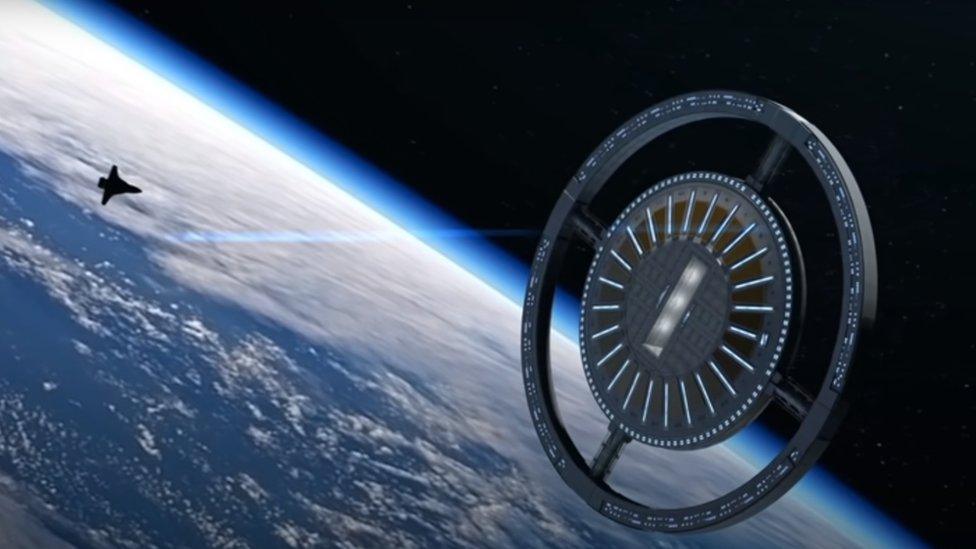Should we be travelling to space?
- Published
- comments
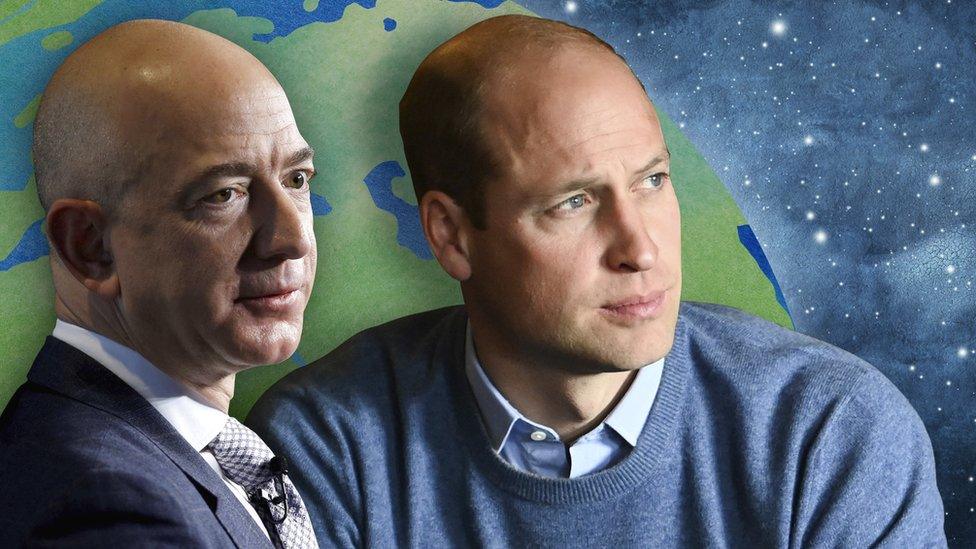
Billionaire Jeff Bezos and the Duke of Cambridge sit on two sides of the space tourism debate
Should humans be travelling into space?
It's a question being asked at the moment because Prince William says that we should be concentrating on the problems on Earth - like climate change - rather than focusing on space travel.
There have been number of successful commercial space missions in 2021. Entrepreneurs Elon Musk, Jeff Bezos and Richard Branson are investing billions of pounds in space travel technology that will help transport themselves, and others, to the edge of the Earth's atmosphere and beyond.
While many are excited about the opportunities this new technology could bring, others feel that the money could be better spent on other issues.
But astronaut Major Tim Peake has challenged this idea, saying that space technology has a real world impact, that may even help solve major issues like climate change.
In the past, space exploration was carried out by government agencies like Nasa and the European Space Agency. It has been largely to further our understanding of space and develop useful technologies.
Space tourism is interested in developing new technologies to improve space flight, but it's main purpose is to allow normal people to travel to space for fun.
We want to know what you think?
Read the arguments for and against space travel, and then tell us what you think in our vote!
Why is Prince William talking about this now?
For the first time, people can pay money to go to the edge of space. This is called space tourism.
In September 2021, businessman Jared Isaacman paid for the opportunity able to fly to space as part of a crew of four 'amateur' astronauts. This means that none of the people on board had any formal training to become astronauts.
"When this mission is complete, people are going to look at it and say, 'It was the first time everyday people could go to space'," Jared said.
It's also a huge moment for climate change, with world leaders about to meet in Glasgow to try and agree solutions to climate change. This is called COP26.
Speaking ahead of the conference Prince William said: "We need some of the world's greatest brains and minds fixed on trying to repair this planet, not trying to find the next place to go and live.
"I think that ultimately is what sold it for me - that really is quite crucial to be focusing on this [planet] rather than giving up and heading out into space to try and think of solutions for the future."
What's the argument against space travel?
There has been lots of criticism of space tourism recently, where people pay money for a short ride to the edge of space.
They argue that it is extremely wasteful, does not improve our understanding of space and damages the environment, with rockets burning huge amounts of fuel.
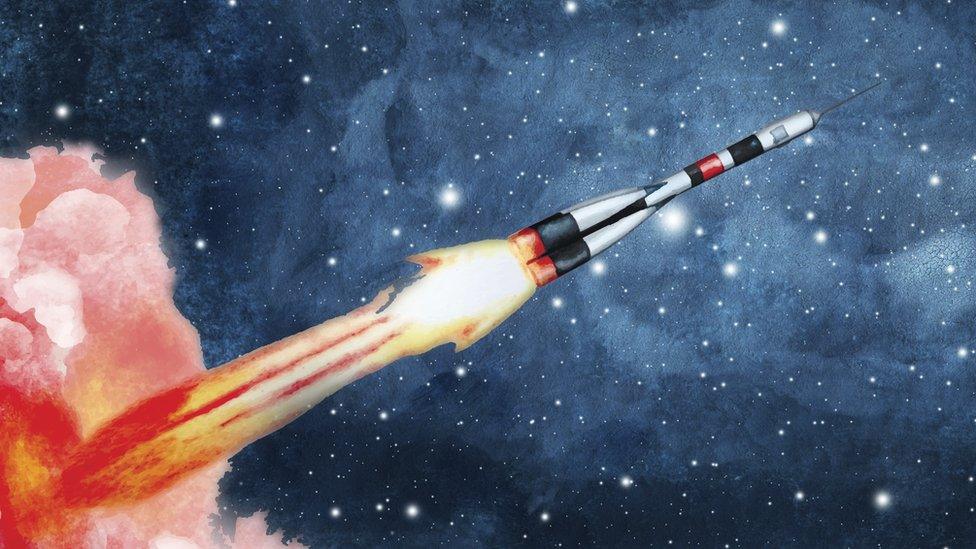
To infinity, and beyond?
Currently, travel and tourism are some of the biggest polluting industries on the planet.
A return flight from London to San Francisco emits about 5.5 tonnes of carbon dioxide per passenger - that's twice as much as a family's petrol car would produce in a year.
By comparison, a space flight can produce up to 100 times that amount of carbon dioxide per passenger.
According to Nasa, there were only 114 orbital launches in 2020, this number is set to get much, much bigger with increased space tourism.
As many as 600 people have already paid $250,000 (roughly £183,600) each for tickets on future Virgin Galactic space flights, with thousands more waiting for the opportunity.
Richard Branson has previously said his ambition is to have 400 space flights a year, which could contribute a significant amount of pollution to the Earth's atmosphere.
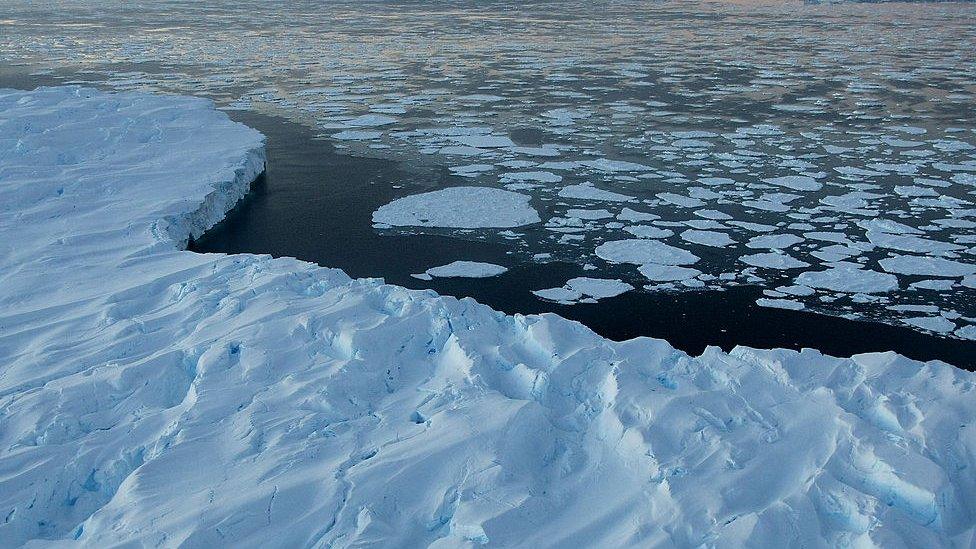
Could the money be better spent fighting climate change?
What's the argument for Space Travel?
Space agencies have provided us with useful inventions such as memory foam mattresses, advanced solar power technology and even safer uniforms for fire fighters!
Did you know that we can use satellites in space to…
Watch television
Make phone calls
Navigate using online maps
Track the weather
Monitor the ozone layer
And this is just a fraction of what technologies developed for space has achieved.
Supporters of space tourism say that Prince William has got the wrong idea about space travel.
They argue that space tourism does have other uses like developing new technology, and that humans can do two things at once - protect the environment and travel beyond the Earth.
William Shatner, who recently became the oldest person to go to space, responded to the Prince's comments saying: "This is a baby step into the idea of getting industry up there (in space), so that all those polluting industries, especially, for example, the industries that make electricity … off of Earth."
In an interview with CNN in July, Jeff Bezos defended Blue Origin's mission saying it was about "building a road to space for the next generations to do amazing things there, and those amazing things will solve problems here on Earth".
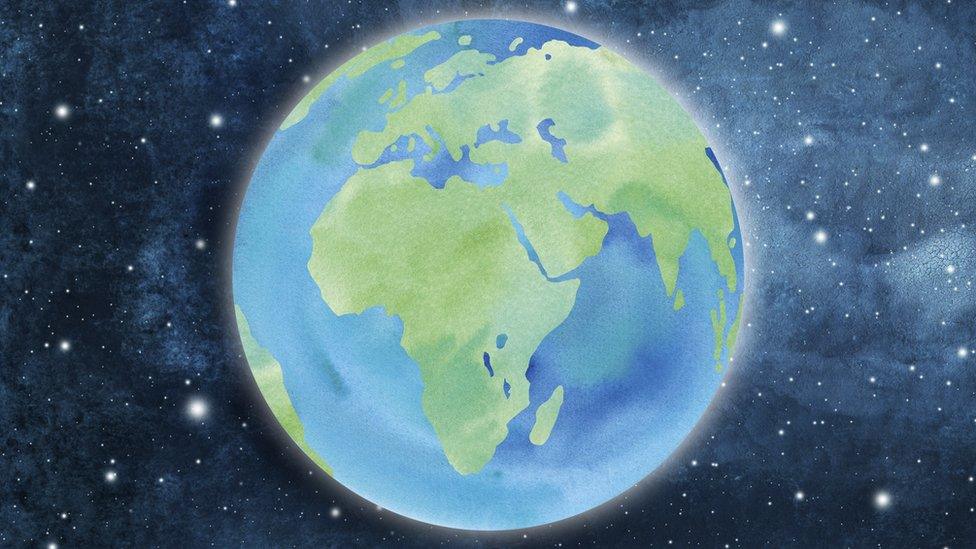
There's no place like home
They also say that space travel is an incredible thing and that humans have learned how important looking after our planet is by travelling into space and seeing how fragile it is.
British Astronaut Tim Peake told Sky News: "It's the most incredible thing to leave your home planet behind and to go and look at the Earth from space and look back on this beautiful planet we live on.
Others say that Prince William should have made more of a difference between space tourism, where people take short trips to the edge of space, and space exploration, where humans, satellites and probes go into space to learn more about the universe, and to help our own planet.
Tim Peake also said space exploration and technology plays a huge part in our lives:"Space is incredibly important to us right now. More than 50% of all our climate change data comes from space-based assets.
"It's part of our critical national infrastructure. Everybody is using space on a daily basis, probably without even knowing it. But we need to use space sustainably. We need to consider the environment."
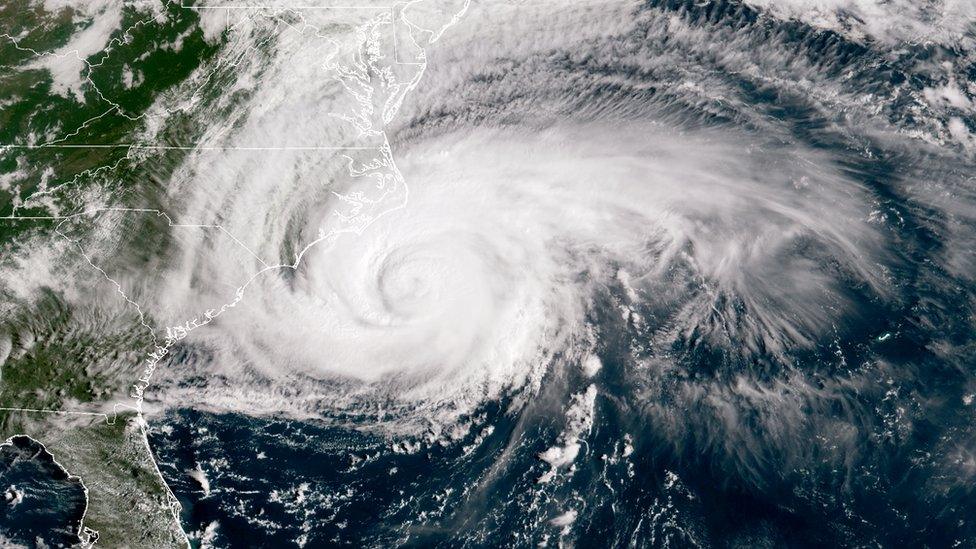
Thanks to space technology we can track weather patterns and predict things like hurricanes and thunderstorms.
Richard Branson has suggested the technology he is developing through Virgin Galactic could potentially reduce carbon emissions for travel in the future.
He argues that "New technology can dramatically reduce the carbon output and that is the challenge we have set ourselves."
Research into how space travel can be less damaging to the environment is also taking place, Jeff Bezos' Blue Origin rockets are less polluting that the ones created by Virgin Galactic and SpaceX.
Blue Origin's rockets are reusable, and are fuelled by a combination of liquid oxygen and hydrogen, a cleaner fuel which does not pollute the atmosphere as much.
But many environmentalists are not convinced by the claims of space companies. They say there is no sign that space travel will be any other than very damaging to the environment for a long time to come.
What do you think? Don't forget to vote and let us know your opinion in the comments below.
- Published23 March 2021
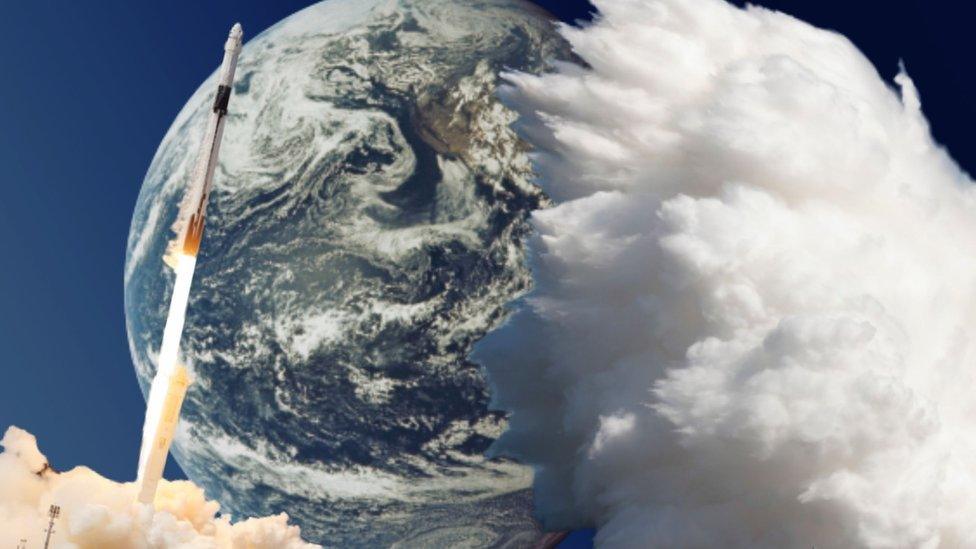
- Published14 September 2021
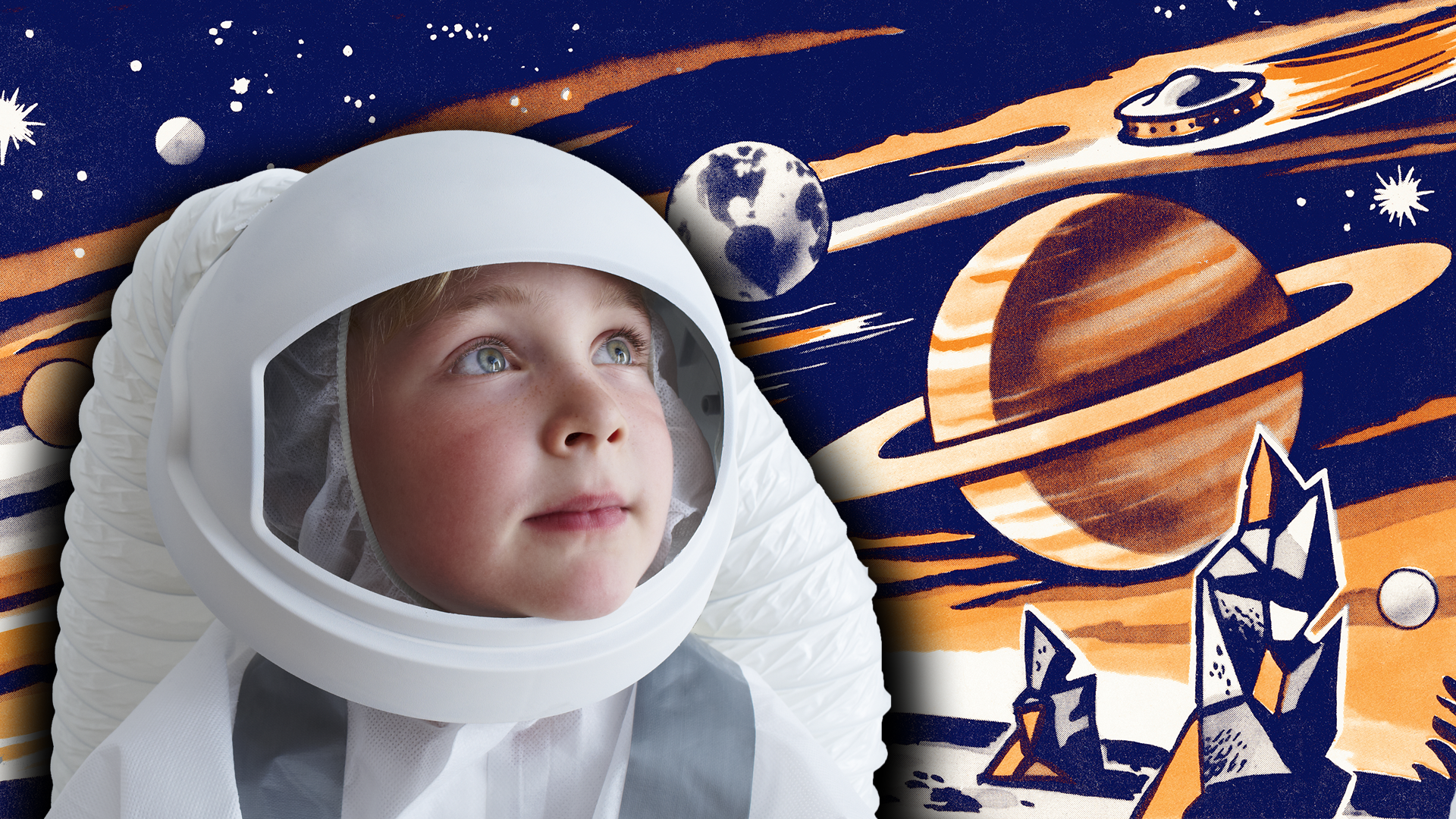
- Published16 February 2021
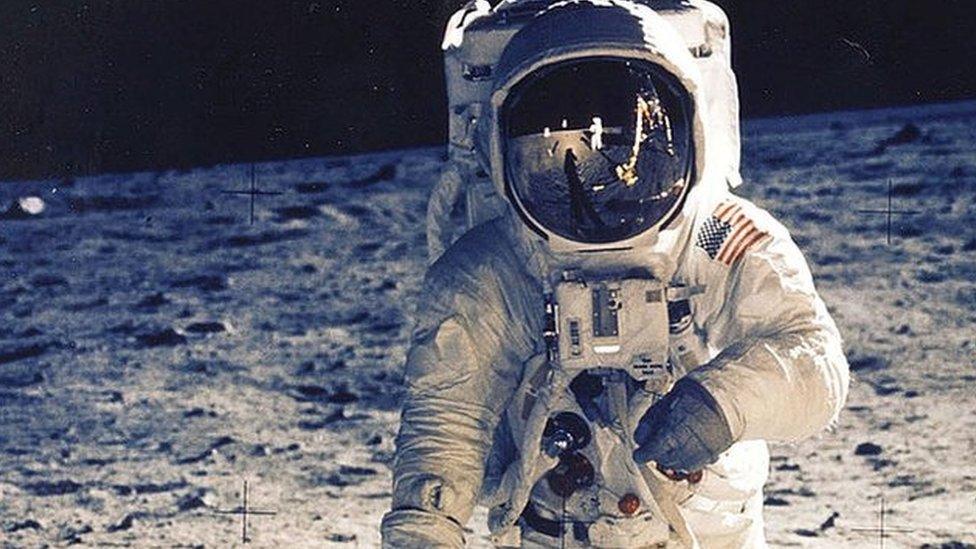
- Published4 March 2021
